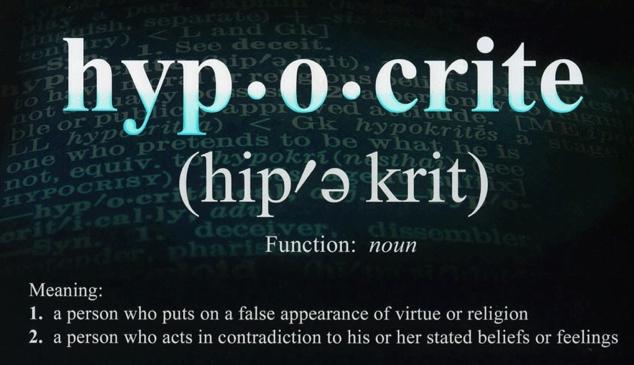Over the holidays, I began reading Winston Churchill’s Memoirs of the Second World War (the abridged version not knowing if I would live long enough to read his entire six volume set!). In one of the opening paragraphs Churchill writes of his purpose in setting to paper his experiences:
It is my purpose, as one who lived and acted in these days, to show how easily the tragedy of the Second World War could have been prevented; how the malice of the wicked was reinforced by the weakness of the virtuous; how the structure and habits of democratic states, unless they are welded together into larger organisms, lack those elements of persistence and conviction which can alone give security to humble masses; how, even in matters of self-preservation, no policy is pursued even for ten or fifteen years at a time. We shall see how the counsels of prudence and restraint may become the prime agents of mortal danger; how the middle course adopted from desires for safety and a quiet life may be found to lead direct to the bull’s-eye of disaster. We shall see how absolute is the need of a broad path of international action pursued by many states in common across the years, irrespective of the ebb and flow of national politics.
As I read those words I was struck by the truth that with some minor tweaking they would apply with equal force to the state of today’s church as it seeks to remain relevant:
It is my purpose, as one who has been active in the church, to show how easily the tragedy of the irrelevance of the church on modern culture could have been prevented; how the malice of the wicked was reinforced by the weakness of the virtuous; how the structure and habits of so-called tolerant churches, unless they are welded together in the uncompromising truth of the Bible’s Gospel of Jesus Christ, lack those elements of persistence and conviction which can alone give security to proud yet confused masses; how, even in matters of eternal self-preservation, no consistent theology is pursued for even a few years until replaced with the latest spiritual fad. We shall see how the counsels of prudence and restraint may become the prime agents of eternal immortal danger; how the middle course adopted from desires for safety and the quiet life may be found to lead directly to the bull’s eye of disaster. We shall see how absolute is the need of following the narrow path of Christ pursued by many churches in common across the years, irrespective of the ebb and flow of the popular, majority culture.
Of course, that parallel is not perfect and my attempt to draw comparisons may not satisfy you, but one element is clear: unless those who know God’s Word are without waver as they intentionally determine to faithfully live and practice the Scriptures as the virtuous strong, the malice of the wicked will be reinforced! Dr. Timothy Witmer’s wonderful statement concerning church leadership is absolutely true:
Faithful shepherds protect their flocks not only from harmful outside influences but from the self-serving among the sheep. Many congregations have experienced the intimidation of bullies within their midst when leaders fail to take responsibility to shepherd the flock. It is often the strong-willed, outspoken, highly opinioned folk who fill the void. There will always be leaders—the issue is whether they are the leaders called and gifted by God to shepherd his flock or those who push themselves forward so that they can push others around. (Quoted in Redeeming Church Conflicts at page 117)
Destructive, unredeemed conflict in the church usually is a result of some who are willing to compromise God’s clear plan and path for his church in total submission to Christ. Without virtuous church leaders and members willing to confront the schemes of the wicked, the malice of the wicked will be reinforced. Whenever we value tolerance over truth, lose persistence and conviction in the one Gospel of Christ, or seek merely safety and the quiet disengaged life, we run the risk and danger of becoming irrelevant. That may sound harsh but look at the reality of our culture today. Where do you see culture being informed and conformed to the image of Christ and his kingdom by the relevance of the church?
Irish philosopher and politician Edmund Burke said nearly three hundred years ago, “All that is necessary for evil to triumph is for good men to do nothing.” That is as true in the church as it is other venues (just as is Churchill’s statement above concerning the malice of the wicked being reinforced by the weakness of the virtuous is likewise true). My prayer is that we will encourage our leaders to be both virtuous and strong by being so ourselves as we follow the King of Kings and the Lord of Lords as his virtuous strong.
In the Lamb,
Dave Edling







